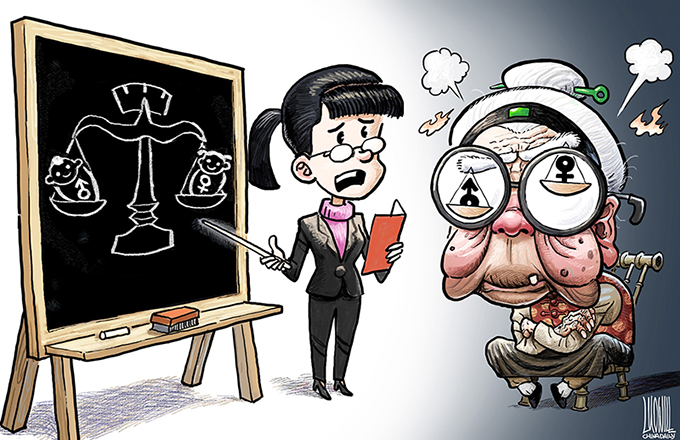Developed nations should stop devaluing currencies
The sovereign debt crisis has severely weakened the once strong euro. Although it has not been weakened enough to offer any significant relief to Greece or the other weaker economies that are bearing the brunt of the crisis, the stronger economies, particularly Germany and, to a lesser extent, France, should have little to complain about a weaker euro.
Perhaps the least happy man at the Moscow gathering was Japan's finance minister. The yen has appreciated 51 percent against the US dollar in the past five years, while Japan's economy has remained stagnant. That wasn't too great a problem when the export sector remained robust. But when exports began to fall in 2012 and the economy was showing signs of sinking deeper into doldrums, the newly elected Japanese government acted to reverse the yen's upward trend.
The Japanese government's stimulus policies, which have, among other things, brought down the value of the yen, are nothing more drastic than those adopted by the US and EU in combating their economic woes - and they don't count as currency manipulation, of course. But a weaker yen can certainly benefit Japan's export sector by enhancing its competitiveness against those of other developed economies.
However, it's time nations put currency manipulation to rest and get on with the business of generating wealth.
(China Daily 02/23/2013 page5)

























